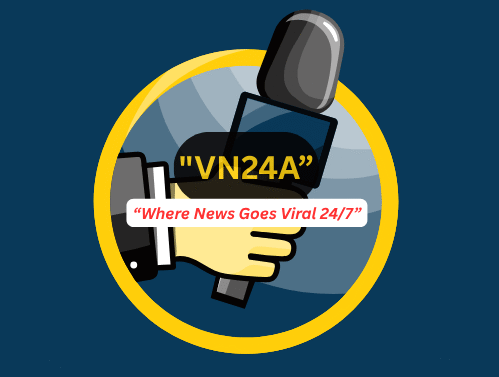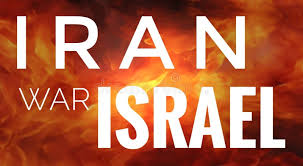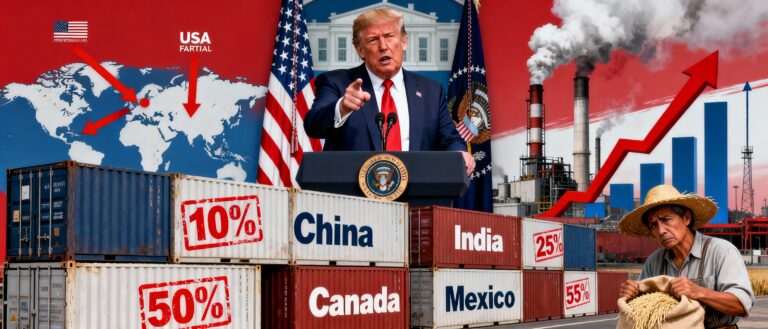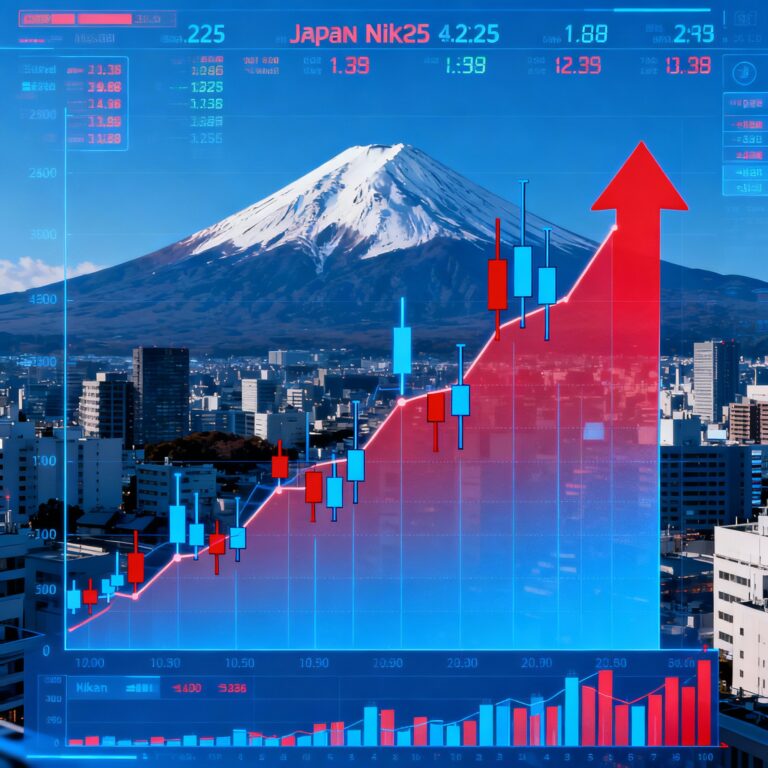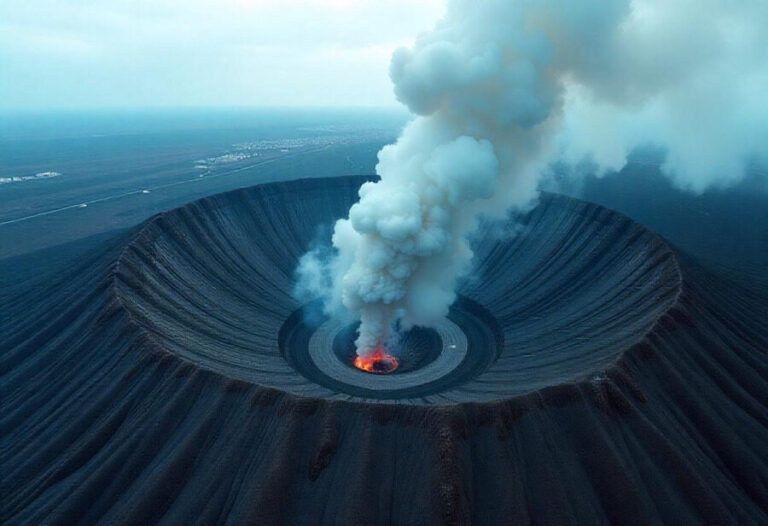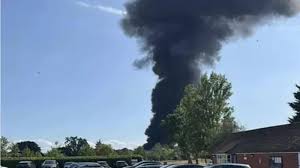Israel-Iran Conflict 2025: Current Scenario, History, and Global Implications
Introduction: Israel and Iran – A Complex and Ongoing Rivalry
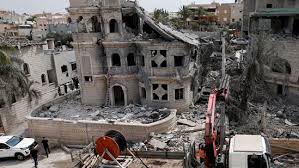
Israel-Iran Conflict 2025,The Israel-Iran conflict has long been a defining issue in Middle East geopolitics. In 2025, tensions between Iran and Israel have escalated significantly due to concerns over Iran’s nuclear threat, Israel’s military operations, and growing regional instability.
This detailed report explores the Iran vs Israel dynamic, highlights recent events, and assesses the global reaction.
Focus Keywords Used:
Israel Iran conflict, Iran vs Israel, Israel and Iran tension, Iran nuclear threat, Middle East conflict, Israel strikes Iran, Iran retaliation, Iran Israel 2025, Israel Iran war news, Israel Iran relationship
Historical Background: The Roots of the Iran vs Israel Conflict
The hostility between Israel and Iran began after the 1979 Iranian Revolution. Iran’s new Islamic regime opposed Israel’s right to exist and began funding militant groups like Hezbollah and Hamas. Over time, the two nations have engaged in numerous proxy wars and intelligence operations.
Israel, on the other hand, perceives Iran’s nuclear program and regional influence as existential threats. This longstanding tension is now reaching a dangerous peak.
Iran Nuclear Threat in 2025
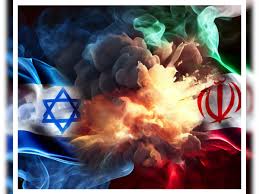
At the heart of the current Israel-Iran tensions is Iran’s nuclear program. Israel and many Western nations believe Iran is secretly building nuclear weapons under the guise of a civilian nuclear initiative. In contrast, Iran claims it is focused solely on peaceful nuclear energy.
Past diplomatic agreements like the JCPOA (Joint Comprehensive Plan of Action) attempted to curb Iran’s nuclear ambitions. However, the U.S. withdrawal from the deal in 2018 and the failure of subsequent negotiations have worsened the situation.
An external report by the International Atomic Energy Agency (IAEA) recently confirmed that Iran’s uranium enrichment has reached levels that concern the international community.
Israel Strikes Iran – 2025 Developments
In March 2025, Israel launched airstrikes against suspected Iranian arms convoys in Syria. These strikes were a response to growing fears over Iran’s ability to deliver a nuclear payload using long-range missiles.
Iran retaliated with sophisticated cyberattacks that temporarily disrupted water supplies and power grids in Israel. Hezbollah and other Iran-backed militias increased rocket attacks on Israeli territory, drawing international attention to the escalating Middle East conflict.
You can read more about the escalating events in this Israel-Iran Crisis 2025 Update on ViralNews24Adda.com.
Iran’s Proxy Warfare Strategy
Iran utilizes a vast network of proxy groups to wage indirect conflict with Israel:
- Hezbollah in Lebanon
- Shiite militias in Iraq and Syria
- Houthi rebels in Yemen
These groups have launched missiles and drone strikes against Israel, raising concerns that the conflict may spill over into a broader regional war.
Israel vs Iran Military Power Comparison
Israel’s Strengths:
- Advanced missile defense systems like Iron Dome and David’s Sling
- F-35 stealth fighter jets
- Suspected nuclear arsenal
- World-class cyber warfare capabilities
Iran’s Capabilities:
- Large arsenal of ballistic and cruise missiles
- Extensive drone technology
- High uranium enrichment
- Strong presence through proxies across the Middle East
International Reactions and Diplomatic Pressure
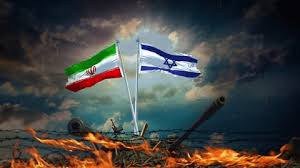
Global powers have reacted with urgency:
- The United States reaffirmed its commitment to Israel’s security while urging restraint.
- Russia and China emphasized diplomatic engagement.
- The UN Security Council convened emergency meetings to defuse tensions.
The European Union continues to advocate for restoring the JCPOA and opening fresh dialogue between Iran and Israel.
Global Impact: Oil Prices and Economic Risks
The risk of a full-scale Israel-Iran war has already affected global markets:
- Crude oil prices surged due to fears Iran might close the Strait of Hormuz.
- Stock markets reacted with increased volatility.
- Concerns over global supply chains, especially energy, have intensified.
Misinformation and Public Sentiment
Both Israel and Iran are using media channels to shape public opinion. Social media is flooded with footage, rumors, and hashtags like:
- #IsraelStrikesIran
- #IranRetaliation
- #MiddleEastCrisis
Propaganda from both sides has complicated efforts for an objective assessment of the situation.
What Lies Ahead in the Israel-Iran Conflict?
Analysts predict multiple potential outcomes:
- Israel could launch a strike on Iran’s nuclear facilities.
- Iran may attempt to close the Strait of Hormuz, sparking an oil crisis.
- Cyber warfare may increase, targeting civilian and military infrastructure.
- A negotiated ceasefire could be brokered by the UN if pressure mounts.
Conclusion
The Israel-Iran conflict 2025 is escalating rapidly, raising fears of a broader Middle East war. With both nations committed to their security doctrines, diplomacy remains the only sustainable path to peace.
As the world watches closely, the future of regional and global stability may well hinge on how this volatile situation unfolds.
🔗 For breaking news and detailed insights, visit ViralNews24Adda.
